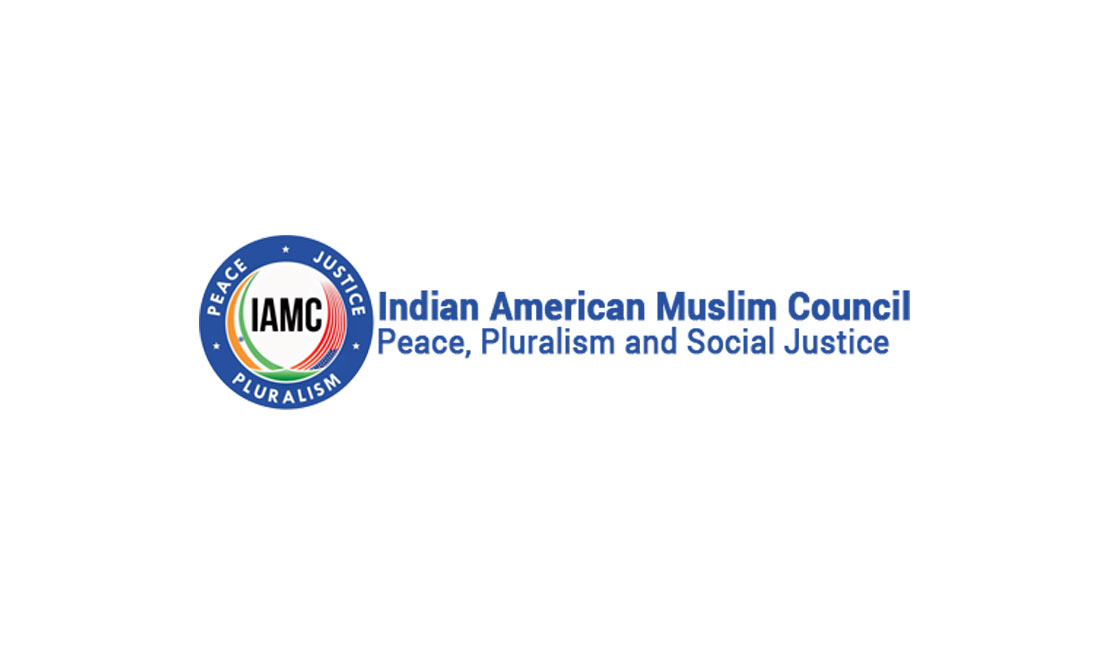India’s response to its Universal Periodic Review at the United Nations disappoints human rights groups – India refuses to agree to adequate steps to protect members of minority religions
Sunday September 30, 2012
The Advocates for Human Rights, a nonprofit organization dedicated to the promotion and protection of internationally-recognized human rights, and Indian American Muslim Council (IAMC) an advocacy group dedicated to safeguarding India’s pluralist and tolerant ethos, have jointly expressed their concern over India’s failure to accept key recommendations that guarantee Human Rights for its minorities while commending India for its general acceptance of certain critical principles.
On September 20, 2012, the United Nations Human Rights Council in Geneva adopted the outcome of the Universal Periodic Review (UPR) on India. In May of this year, dozens of countries made a total of 169 recommendations as to how India could better comply with its human rights obligations, including its obligations pertaining to religious minorities. After months of internal deliberations, the Indian Government on September 18 committed to only 67 of the UPR recommendations, some in substantially watered-down form.
As many countries noted in their recommendations, India has failed to ratify Convention Against Torture and Cruel, Inhuman or Degrading Treatment (CAT). Torture, as defined in the CAT, is not criminalized under Indian law. India has been apathetic toward the recommendations of UN Special Rapporteurs as well as related recommendations from many countries, including Australia, Austria, Botswana, Brazil, Czech Republic, Indonesia, Iraq, Italy, Maldives, Portugal, Republic of Korea, Spain, Sweden, Switzerland, Timor-Leste, the United Kingdom of Great Britain and Northern Ireland, and the United States of America.
During the September 20 session of the Human Rights Council, several leading international human rights organizations expressed serious concerns regarding India’s decision not to adopt the many recommendations relating to ending the systematic impunity enjoyed by Indian security forces, and not to accept recommendations for a comprehensive framework to deal effectively with communal and targeted violence.
India committed to training police on Human Rights procedures, however, it fails to ensure their compliance with Human Rights principles by refusing to amend or repeal the Armed Forces Special Powers Act. India also failed to adopt a Prevention of Communal Targeted Violence Bill that would ensure the accountability of civil servants, facilitate the redress of Human Rights violations, and help prevent communal attacks against religious minorities.
India adopted Austria’s recommendation to ensure a safe working environment for journalists. It also agreed to continue to cooperate and further coordinate efforts between its Human Rights institutions and the UN Special Rapporteur on the Situation of Human Rights defenders, as recommended by Egypt and Spain. India adopted Egypt’s more general recommendation verbatim, but declined to commit to Spain’s recommendation to implement specific measures guaranteeing timely, effective, and independent investigations of human rights violations. And despite its general commitment, India was notably silent on recommendations to implement specific measures to protect the rights of the defenders of religious minorities.
India also declined to accept Mexico’s recommendation to prioritize access to education for marginalized groups and birth registrations for religious minorities.
“The definition of terrorism currently employed in the Unlawful Activities Prevention Act (UAPA) increases the arbitrary detention of religious minorities and vilifies them as criminals and traitors due to a presumption of guilt,” says Jennifer Prestholdt, Deputy Director of The Advocates for Human Rights. “India failed to commit to the implementation of the Prevention of Atrocities Act or counter terrorism strategies, as recommended by Germany, Thailand, Trinidad and Tobago, and thus has shirked its obligation to reduce the arbitrary detention of minorities.”
“The policy machinery in India is responsible for Enforced Disappearances as defined by the Article 2 of the International Convention for the Protection of All Persons from Enforced Disappearance,” notes Jawad Khan of IAMC who attended the Universal Periodic Review of India in Geneva in May, 2012 as part of the The Advocates for Human Rights’ delegation. “The police have tortured and killed Muslims under the guise of encounter killings and continue to unlawfully imprison and torture religious minorities with impunity. India continues to ignore recommendations to ratify the International Convention for the Protection of All Persons from Enforced Disappearance. Where is the assurance that India will stop these terrible human rights violations?”
In summary, with regard to the protection of the rights of religious minorities, India adopted in the entirety nine (9) and partially adopted two (2) of sixty-one (61) recommendations. “India summarized the recommendations and eliminated critical nuances that could potentially reduce the violation of religious minorities’ human rights. India must attend to the nuances of the various recommendations. Accepting watered down ‘summaries’ of the UPR recommendations manifests a weak declaration of India’s respect for human rights, and only a small and tentative step toward ensuring the rights of religious minorities are respected,” says Ms. Prestholdt of The Advocates.
The Advocates for Human Rights and Indian American Muslim Council note that the accepted recommendations lack a sense of urgency and are not action-based. India adopted only the most passive and diluted recommendations; it shied away from details within the recommendations that instructed it to amend or institute policies, bills, or laws that would ensure the protection of religious minorities. Nonetheless, during the September 20 meeting, the Government of India pledged to work assiduously on all issues highlighted during the UPR, regardless of whether it had formally accepted a particular recommendation. The Advocates for Human Rights and Indian American Muslim Council continue to call on India to make tangible commitments to the protection of the rights of religious minorities.
The Advocates for Human Rights, a nonprofit organization headquartered in Minneapolis, Minnesota, is dedicated to the impartial promotion and protection of internationally-recognized human rights and holds Special Consultative Status with the United Nations. To learn more visit theadvocatesforhumanrights.org
Indian American Muslim Council is the largest advocacy organization of Indian Muslims in the United States with 13 chapters across the nation. The mission of Indian American Muslim Council is to promote peace, pluralism and social justice through strategic advocacy. IAMC is a Washington, D.C. registered non-profit 501(C)(3) tax-exempt organization established in August 2002. For more information please visit our new website at www.iamc.com
CONTACT:
Jennifer Prestholdt, Deputy Director
The Advocates for Human Rights
Phone: (612) 341-3302
Email: jprestholdt@advrights.org
www.theadvocatesforhumanrights.org
Jawad Khan, Executive Director
Indian American Muslim Council
Phone: (800) 839-7270
Email: info@iamc.com
www.iamc.com



